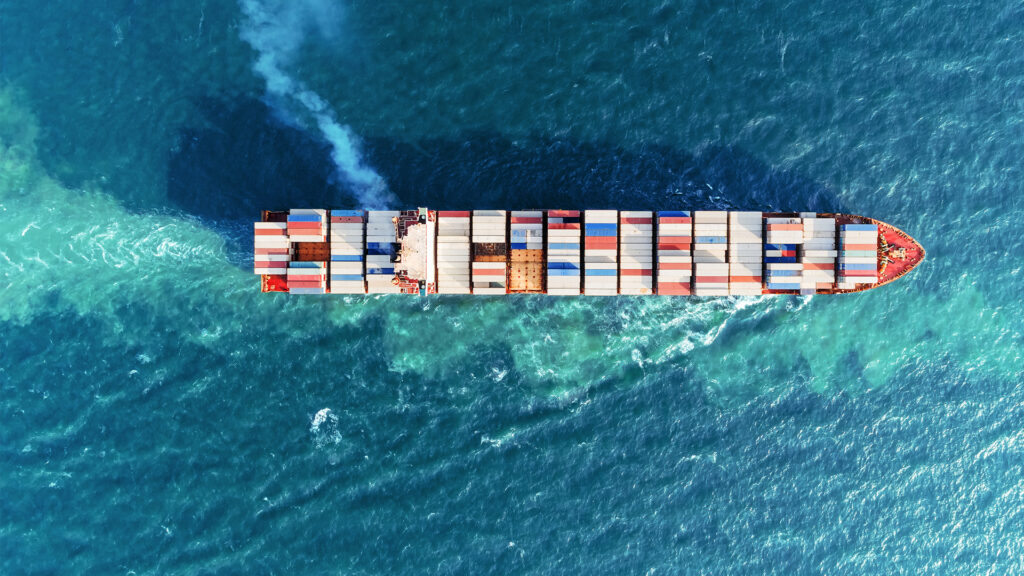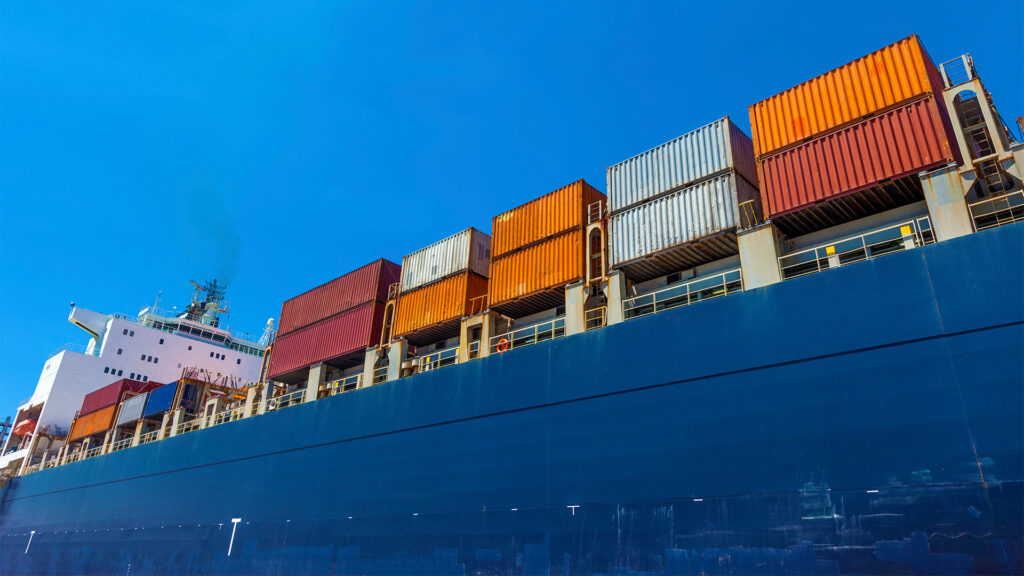
The Sixteen-Year Voyage Of The M/T Athos I Through The US Courts Comes To An End: US Supreme Court Decides That A Safe-Berth Clause Establishes A Warranty Of Safety
Safe-berth clauses appear in a variety of maritime contracts such as charters and tariffs, as well as in hybrid commodities sales contracts. The United States Supreme Court’s M/T Athos I decision resolved a circuit split on the interpretation of a safe-berth clause and holds that an unqualified safe-berth clause is a contractual warranty that imposes strict liability for breach.
On November 26, 2004, the Athos I was inbound in the Delaware River completing a voyage to deliver heavy crude oil from Puerto Miranda, Venezuela. When approaching its berth, it struck an abandoned anchor on the river bottom. The hull was punctured, a spill ensued, and the ship’s voyage through the federal court system began. After several trials and two appeals, the Supreme Court issued its opinion on March 30, 2020 evaluating the duties owed under a safe-berth clause and imposing liability on the voyage charterer for the $133 million cost to clean up the oil spill.
The Supreme Court held that the unqualified safe-berth clause in an ASBATANKVOY form charter party constitutes a warranty that imposes on the charterer an absolute duty for the safety of the berth it selects. The case is CITGO Asphalt Refining Co. v. Frescati Shipping Co., Ltd, No. 18-565, 2020 WL 1496603 (US March 30, 2020).
The Court based its holding on a plain language interpretation of the unqualified safe-berth clause in the particular charter party at issue. Notably, the Court expressly says: “Charterers remain free to contract around unqualified language that would otherwise establish a warranty of safety, by expressly limiting the extent of their obligations or liability.” Slip op. at 16.
The safe-berth clause in the charter party at issue stated:
“[t]he vessel shall load and discharge at any safe place or wharf, . . . which shall be designated and procured by the Charterer, provided the Vessel can proceed thereto, lie at, and depart therefrom always safely afloat, any lighterage being at the expense, risk and peril of the Charterer.”
The issue was whether this clause “is a warranty of safety, imposing liability for an unsafe berth regardless of CARCO’s [Charterer’s] diligence in selecting the berth.” The Court’s decision resolved a split among the circuit courts of appeal. The Fifth Circuit previously held that an unqualified safe-berth clause imposes on the charterer only a duty of due diligence — generally a tort negligence standard of care — to select a safe berth. Orduna S.A. v. Zen-Noh Grain Corp., 913 F.2d 1149 (5th Cir. 1990). On the other hand, a line of Second Circuit cases held that unqualified safe-berth clauses constitute a warranty of safety, imposing an absolute duty to select a safe berth. See, e.g., Paragon Oil Co. v. Republic Tankers, S.A., 310 F.2d 169 (2nd Cir. 1962). Applying plain language contract interpretation principles, the Supreme Court concluded this language imposes an absolute duty, binding the charterer to a warranty of safety.
This resolution of the circuit split makes US maritime law generally consistent with English law on this point. For a charter party governed by English law, an unqualified safe-berth clause imposes strict liability on a charterer for breach.
The Supreme Court’s opinion provides some comfort for charterers. In a footnote, the Court recognizes that some industry form charter parties expressly limit the charterer’s duty for selecting a berth, citing the INTERTANKVOY form safe-berth clause that says “[c]harterers shall exercise due diligence to ascertain that any places to which they order the vessel are safe for the vessel and that she will lie there always afloat.” Slip op. at 9 n.5. Given the Court’s express statement that charterers “remain free to contract around” the warranty by expressly limiting their obligations, one can presume that safe-berth clauses expressly adopting a due diligence standard will not impose strict liability. Many standard charter party forms include the due diligence standard.
In the underlying case, Frescati Shipping Co. had paid for the spill cleanup because it was the ship owner and responsible party under the Oil Pollution Act of 1990 [ OPA], 33 U.S.C. § 2701 et seq. Under OPA, Frescati’s liability was limited to $45 million. The Oil Spill Liability Trust Fund, operated by the US Government, reimbursed Frescati for $88 million it had paid above its limit. Frescati and the United States sought reimbursement from CITGO, the vessel sub-charterer. The United States Court of Appeals for the Third Circuit ruled that Frescati, as head owner, was a third party beneficiary of the safe-berth clause in the sub-charter. The Third Circuit also held the safe-berth clause constituted a warranty of safety, imposing contractual liability on the charterer for breach of warranty. The Supreme Court affirmed the Third Circuit’s decision.
The impact of the Supreme Court’s decision can be far reaching. In the M/T Athos I case, the hazard was an abandoned ship anchor in the Delaware River that the vessel struck 900 feet from the terminal. The import of the Supreme Court’s holding is that an unqualified safe-berth clause’s warranty extends to both the approach to the berth as well as the berth itself. The opinion does, however, leave room to limit exposure by expressly including due diligence language in the clause. In light of the Supreme Court’s decision, it would be prudent for charterers and owners to re-evaluate their contractual safe-berth clauses.
For further information, please contact the authors of this briefing:
James Brown
Partner and Master Mariner, Houston
T +1 (713) 706-1947
E jim.brown@hfw.com
Chris Hart
Of Counsel and Mariner, Houston
T +1 (713) 706 1958
E chris.hart@hfw.com
Michael Wray
Partner, Houston
T +1 (713) 706-4905
E michael.wray@hfw.com
Simon Blows
Consultant, London
T +44 (0)20 7264 8353
E simon.blows@hfw.com
Download a PDF version of ‘The Sixteen-Year Voyage Of The M/T Athos I Through The US Courts Comes To An End: US Supreme Court Decides That A Safe-Berth Clause Establishes A Warranty Of Safety’











